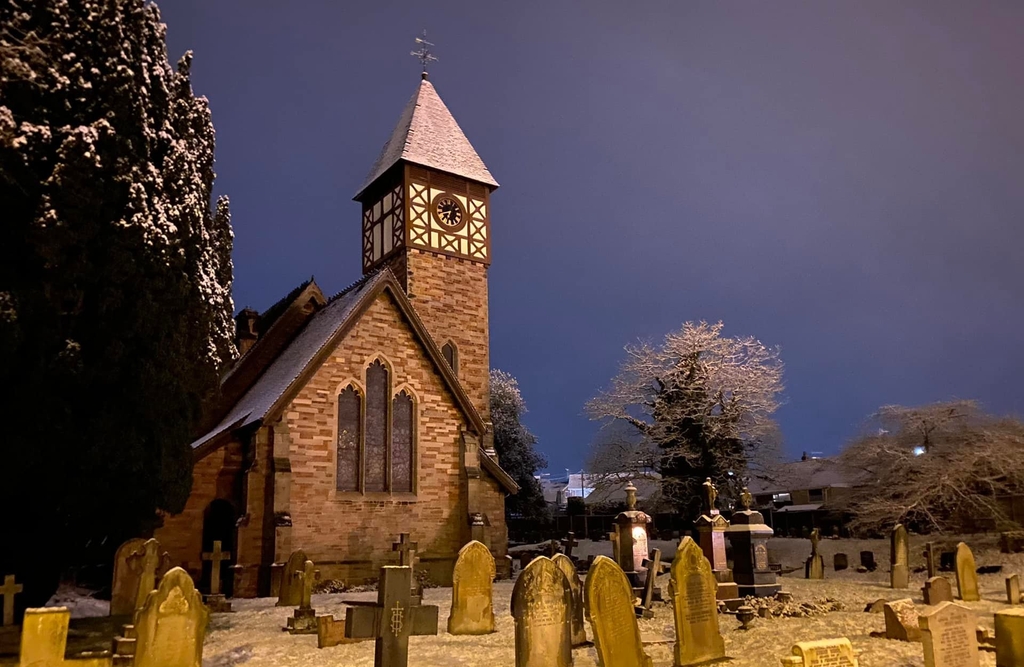Revd Noreen Russell reflects this week on what being a prisoner means and who might be a prisoner. She reminds us that people can be prisoners in their own home or their own mind, prisoners of economic circumstances, forced into cellars as refugees from war or prisoners in the sense of feeling no hope, no belief in a better future, perhaps fearing death as 'the end'.
If we live long enough, many of us may experience one or many of these imprisonments. Hopefully, not too many will find themselves imprisoned for crimes, but other types are far more common than we might imagine. We are seeing vast numbers of people in Europe becoming refugees or sheltering from war, but that is a case of us seeing something local that has been happening globally for many years, perhaps since the beginning of so-called civilisation. There are vast refugee camps in the Middle East that are home for more people than inhabit almost any city in Britain except for London. There are 'resettlement and re-education' centres in China that imprison huge numbers of the Uighur people, separated by sex, as the Chinese government apparently seeks to obliterate them from the human race.
Revd Noreen writes of her time as a chaplain, when she visited prisons and met many prisoners. As with other prison visitors, she speaks of how ordinary the people were in there, a cross-section of society, people that one would not label as criminals were it not for their presence in prison.
Whenever we see those little white prison vans driving around, with their tiny windows, I always think of the poor souls locked up in these mobile cells, wasting parts of their lives as they have apparently damaged the lives of others. Only a couple of days ago, when my wife was visiting Stafford Hospital, she noticed an old man struggling to keep up with the younger man accompanying him. It was only when she looked closer that she realised that the older man was a prisoner and the younger one a prison officer to whom he was handcuffed. Both were prisoners in different ways, taking Revd Russell's points.
Revd Russell reflects on the freedom offered by Christ. He was probably not speaking exclusively to those imprisoned by the state, although one could even argue over that, given what he said to one of the two men being executed with him as he died on the Cross.
It is significant that the greatest growth in Christianity is seen in the poorer areas of the world. South America and Africa see millions of people who, dominated either economically or politically or both, have turned to Christ and accepted his offer of personal freedom, hope for the future and the right to eternal life through him. That is also why people become chaplains and prison visitors, why they become priests in the poorest, most dangerous places on earth, and live alongside those who are suffering, enduring their pain with them.
In these times when imprisonment because of conflict or poverty is coming to our doors again, may we all seek our refuge in the freedom and peace of Christ, whose love for us passes all our understanding. Amen.

















